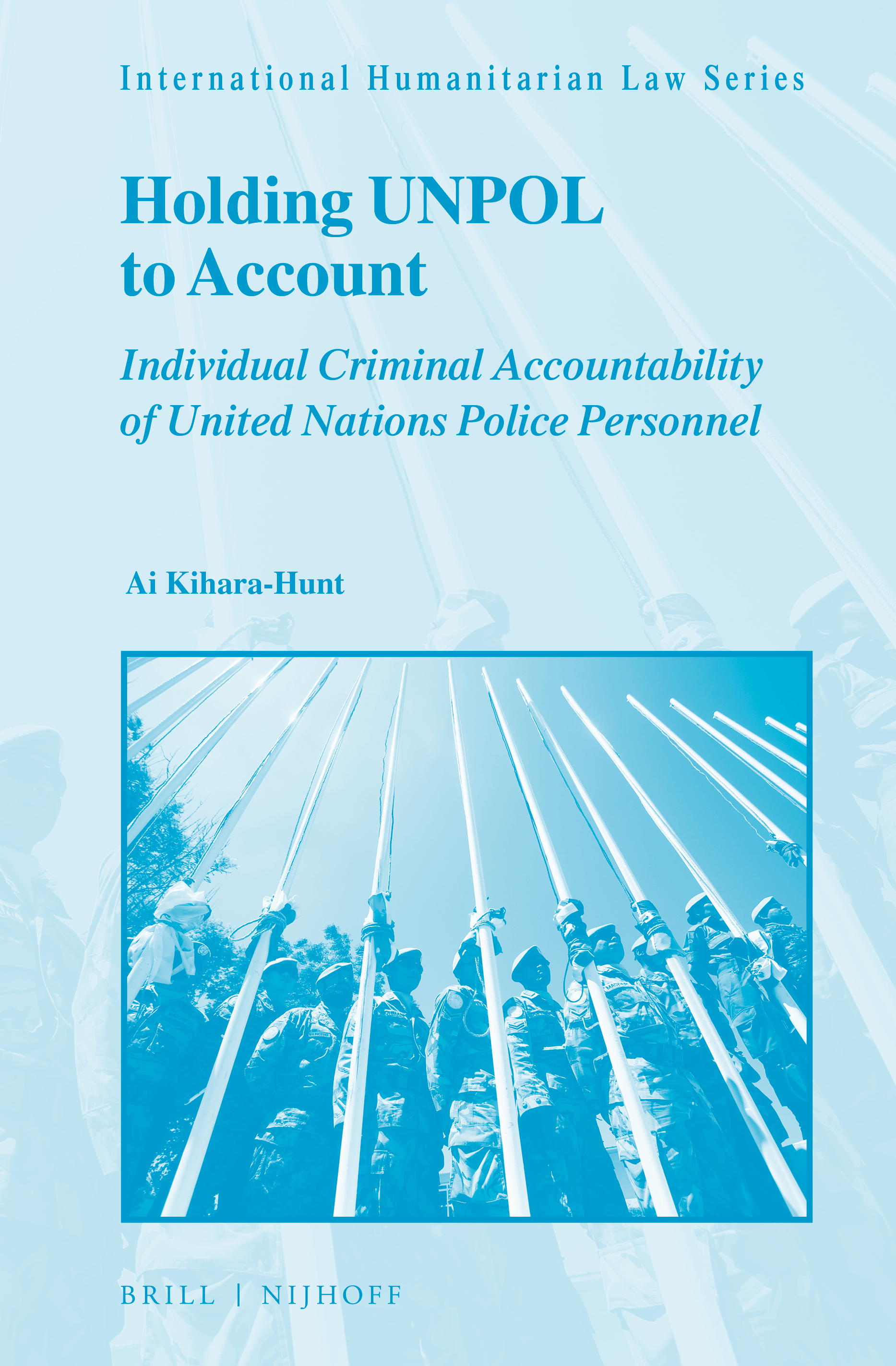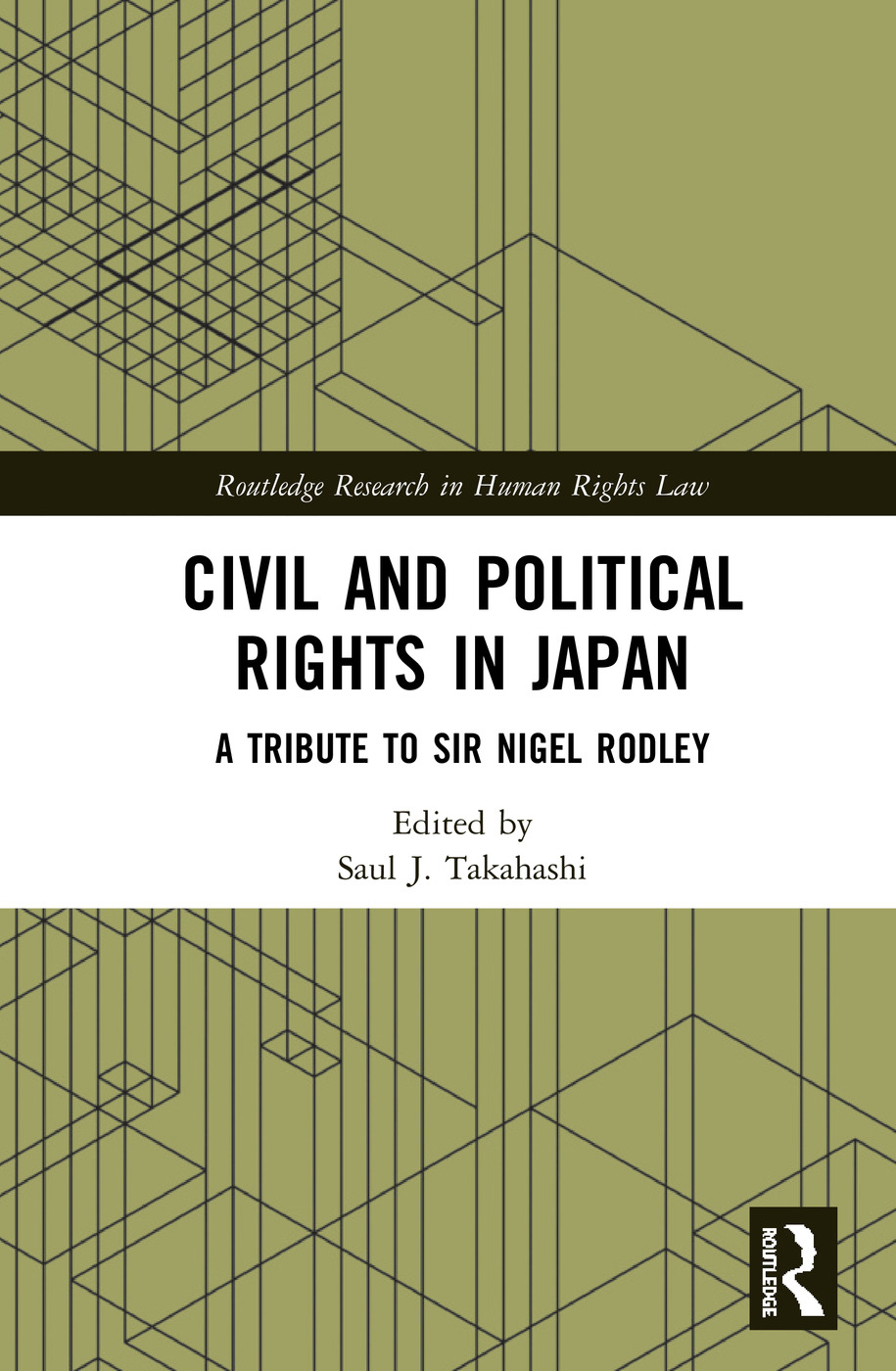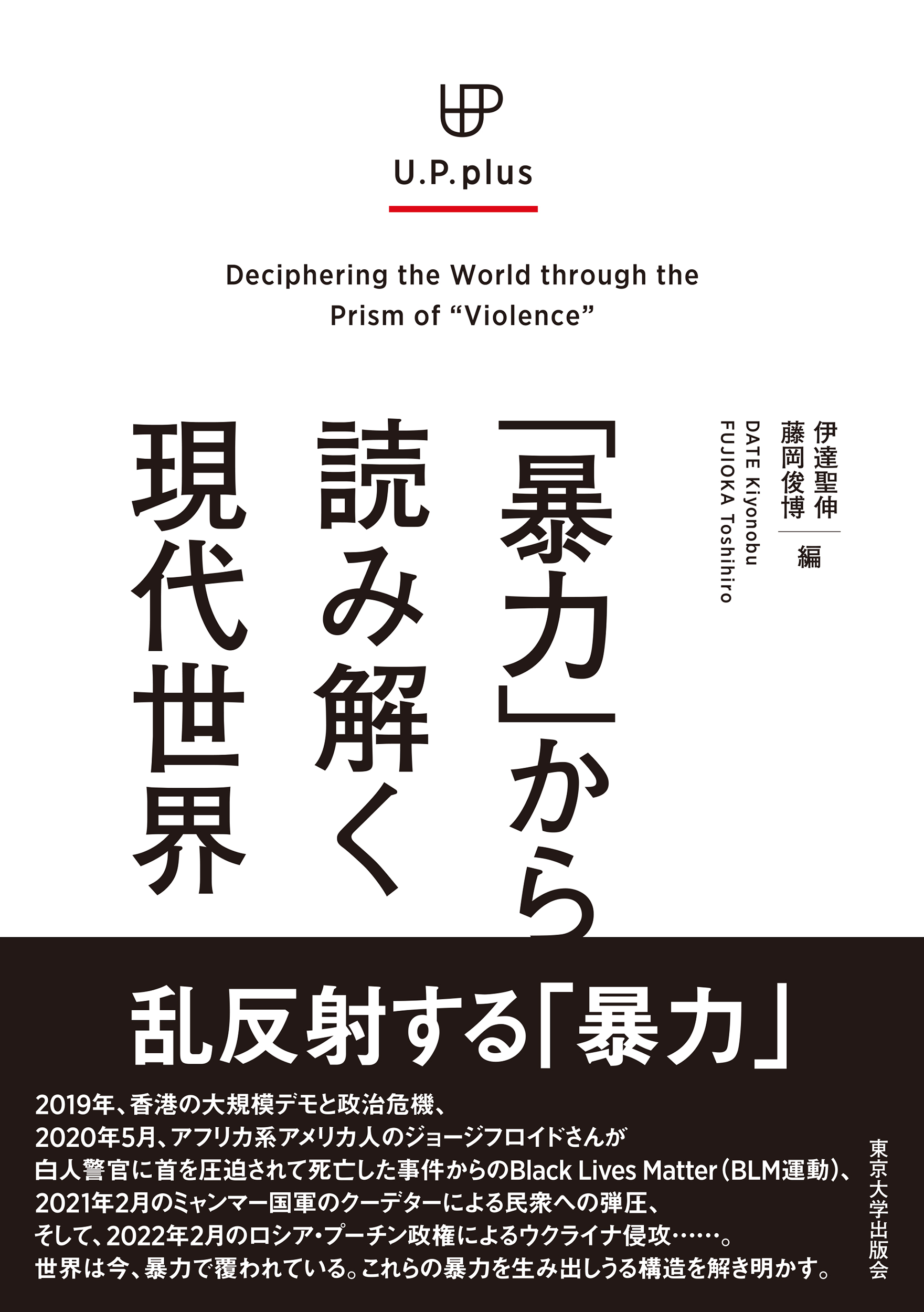
Title
International Humanitarian Law Series, Volume: 50 Holding UNPOL to Account Individual Criminal Accountability of United Nations Police Personnel
Size
436 pages, hardcover
Language
English
Released
March 06, 2017
ISBN
978-90-04-32880-8
Published by
Brill / Nijhoff
Book Info
See Book Availability at Library
Japanese Page
It has been a few decades since numerous allegations of crimes committed by UN Peace Operations personnel emerged on the media. The book is written by an author who has herself served in UN Peace Operations and was taken back at the apparent lack of criminal accountability of personnel serving in Peace Operations. Her research digs into reasons for non-prosecution, focused on the UN police.
UN police are involved in establishing the rule of law, in UN Peace Operations. However, they themselves commit serious crimes, but are not generally prosecuted. This is likely to have an impact on the UN’s effectiveness and legitimacy. Are the UN’s mechanisms for addressing criminal accountability effective? If there is a problem, how can it be mitigated?
To answer these questions, the qualifications, qualities and functions of UN police were identified. Next, an attempt was made to quantify the problem of their criminal behaviour. Current accountability mechanisms were assessed. Jurisdictional and immunity issues were examined as potential barriers to prosecution. Finally, the obligations of States and the UN to investigate and prosecute criminal acts committed by UN police were examined.
Research confirmed that UN police officers commit serious crimes, but mostly while not on duty. Whether officers commit crimes appears to be linked more to their personal integrity than their functions. In the main, they are not being called to account. In addition, the UN is not effective in generating information fit for use in criminal proceedings. However, the laws on jurisdiction and immunity do not constitute legal barriers to accountability, although immunity poses some problems in practice. The principal problem appears to be the lack of political will to bring prosecutions. The finding that States, and arguably the UN, have an obligation to investigate and prosecute crimes may encourage prosecution.
The lack of criminal accountability of the UN police appears to be linked to the mismatch between the ambitious Peace Operation mandates and the number of qualified personnel these attract. The UN also lacks transparency, which makes it difficult accurately to determine the scale of the problem. It is recommended that these issues be discussed frankly in the UN’s political organs.
(Written by Ai Kihara-Hunt, Associate Professor, Graduate School of Arts and Sciences / 2018)
Table of Contents
Abstract; Acknowledgement; List of Cases; List of Treaties; Acronyms;
CHAPTER 1: INTRODUCTION
1. The issue; 2. The evolution of UN Peace Operations; 3. The scope of this work; 4. Issues outside the scope of this work; 5. Structure; 6. Definitions and clarifications; 7. Conclusion;
CHAPTER 2: UN POLICE IN PEACE OPERATIONS
1. Evolution of the functions of the UN Police in UN Peace Operations; 2. The growth in size of the UN Police; 3. Ensuring the deployment of the required types of personnel; 4. Conclusion;
CHAPTER 3: EVIDENCE OF THE COMMISSION OF CRIMES BY UN POLICE
1. Findings regarding particularized allegations; 2. Possible patterns of criminal conduct; 3. Evidence of prosecution; 4. Conclusion;
CHAPTER 4: CURRENT UN MACHINERY FOR COLLECTINGINFORMATION FOR DOMESTIC CRIMINAL PROCEEDINGS
1. Benchmarks; 2. Evolution of the approach to, and the mechanisms for, dealing with criminal misconduct; 3. Analysis of the mechanisms’ performance;
CHAPTER 5: CRIMINAL JURISDICTION UNDER INTERNATIONAL LAW AND NATIONAL LAW
1. Introduction; 2. Criminal laws to which the UN Police are subject; 3. International law governing jurisdiction; 4. National laws dealing with jurisdiction; 5. Conclusion;
CHAPTER 6: IMMUNITY AS A POTENTIAL LEGAL BARRIER
1. The law of immunity; 2. Application of immunity in practice; 3. Conclusion;
CHAPTER 7: IS THERE AN OBLIGATION TO INVESTIGATE AND PROSECUTE?
1. IHRL monitoring mechanisms; 2. A State’s obligation to investigate and prosecute UN Police officers, in relation to serious crimes; 3. Scope of the obligation; 4. The obligation of the host State to investigate and prosecute; 5. The sending State’s obligation; 6. Special circumstances pertaining to Formed Police Units (FPUs); 7. Does immunity have any impact on the State’s obligation to prosecute?; 8. Does the UN have an obligation to investigate and prosecute crimes committed by UN Police officers?; 9. Conclusion;
CHAPTER 8: CONCLUSION;
Index.



 Find a book
Find a book


 eBook
eBook
